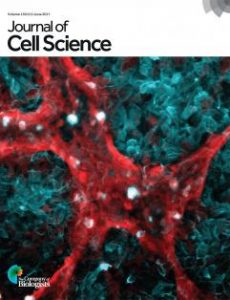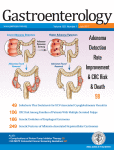 A diabetes researcher who sued a publisher to protect several papers from being retracted recently received his 13th, in a prestigious gastroenterology journal.
A diabetes researcher who sued a publisher to protect several papers from being retracted recently received his 13th, in a prestigious gastroenterology journal.
Mario Saad, based at the University of Campinas in São Paulo, Brazil, has had a string of retractions over the past few years, including four in Diabetes after he lost a legal battle with the American Diabetes Association.
The latest retraction appears in Gastroenterology, citing possible image duplication. Saad is second-to-last author on the 2012 paper.
According to the retraction notice, the journal investigated data in several figures, and believes some were duplicated. The authors explained that the duplications resulted from inadvertently using wrong blots; still, the editors chose to retract the paper after determining they no longer had confidence in its conclusions.
Here’s the retraction notice for “Obesity-Induced Increase in Tumor Necrosis Factor-α Leads to Development of Colon Cancer in Mice:” Continue reading Diabetes researcher who sued to prevent retractions now has 13
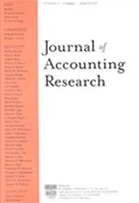 Different journals follow different editorial policies — but we’ve never seen any charge money to authors who want to appeal an editorial decision. Until now.
Different journals follow different editorial policies — but we’ve never seen any charge money to authors who want to appeal an editorial decision. Until now.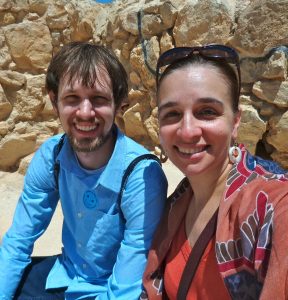
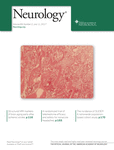 A patient’s “unusual” brain cyst excited several researchers in China so much they published a paper about it in a major journal. Soon a reader identified a glaring mistake: the authors had described the cause of the cyst incorrectly.
A patient’s “unusual” brain cyst excited several researchers in China so much they published a paper about it in a major journal. Soon a reader identified a glaring mistake: the authors had described the cause of the cyst incorrectly. 


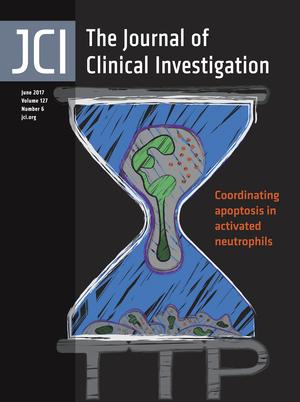 On Dec. 2, 2013,
On Dec. 2, 2013,  After a
After a 